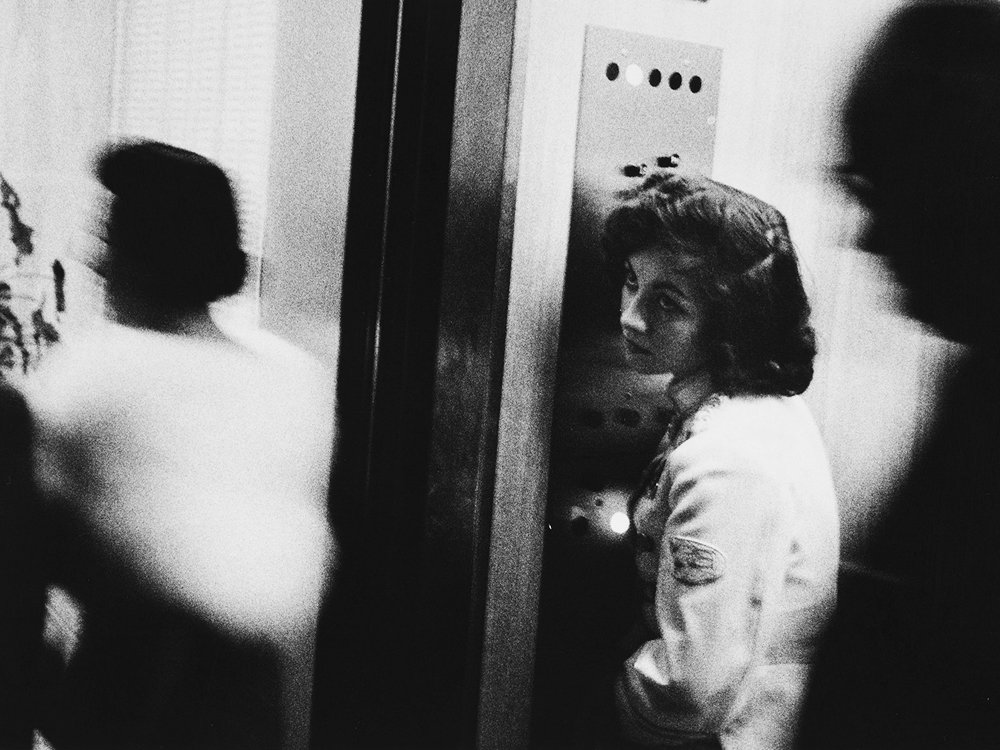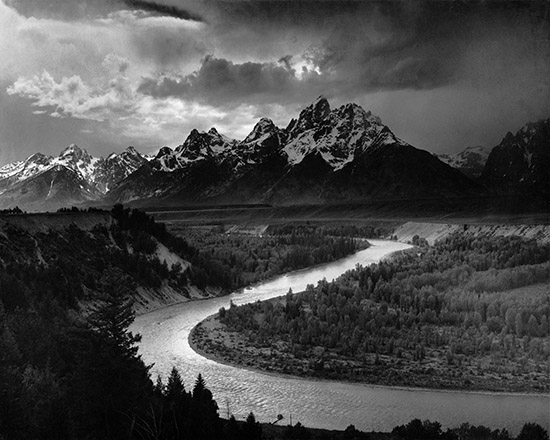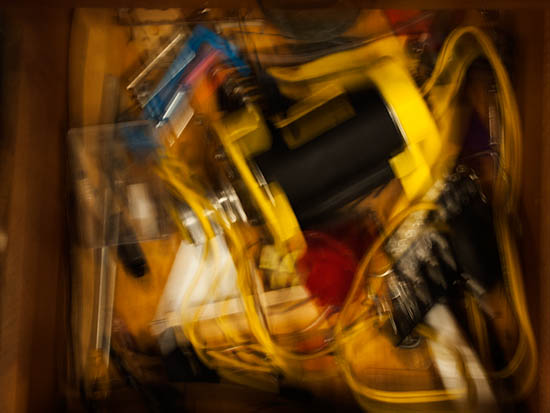Is Photography Art?
Page 2, version 1.1, © 2009 by Dale Cotton, all rights reserved.
Deconstructing Diego

Portrait of Diego Rivera by Amedeo Modigliani (source: Wikipedia)
What we also see changing from 1800 to now is an ever-increasing de-emphasis on beauty, on that which pleases the eye. Strangely, we don't see a corresponding shift away from that which pleases the palate; we don't find master chefs creating dishes which systematically push our tolerance for sour and bitter to new extremes. We do find composers experimenting with a-tonal a-rhythmia, yet their output is notably missing from concert halls, both then and now. James Joyce did Finnegans Wake; everyone was strangely unable to attend the resulting lecture; then writers everywhere got back to employing the mere word as spoken to convey their multitude of multi-faceted thoughts.
So why is the post-deconstructionist visual arts Kool-Aid still being served as sacrament both in ivied university and urban gallery? Primarily, I suspect, because we continue to pay university PhD's to profess to the visual arts as being the realm of whatever head-trip seems particularly fine and worthy to those who live in the head-trip land du jour. The rest of us – might we one day not see fit to reclaim the visual arts from its present enslavement to the Dark Lord of the Superior Intellect?
Let us then dream: what if the visual arts were no longer primarily the vehicle of intellectual expression but of emotional and/or spiritual and/or sensual expression? Could we unlock the spirits of Rembrandt, Vermeer, and Van Gogh from their dank dungeon cells multiple floors below the Ivied Ivory Tower to once again see spring blossom, smell the sweetness of door-yard lilac, and hear the voice of the turtle wafting across the land?
And if we did so, might photography – with all its digital-electro-mechanical plastic-fantastic techno-paraphrenalia – then hold its head high? Or must it slink miserably away?
Visual language and nuance
Yes, my friends: photography can do abstract. Photography can do expressive. But what photography does natively is to exploit the same ho-hum visual language used by our boring old visual cortices. Only 540 million years in the making, long since exhausted by 50,000 years of human beings expressing human things. The same old, same old 1000-word-denomination coinage of yore.

Elevator – Miami Beach, 1955 by Robert Frank (source: www.npr.org)
What our merely common, merely-legacy visual language excels at is above all one thing – nuance. No word of high-brow conceptualism this; merely subtlety of sense compounded upon subtlety of feeling compounded on subtlety of soul. What is the young elevator operator feeling as she looks upward for the ten thousandth time? Thou knoweth; thy frontal cortex knoweth not.

Clearing Winter Storm by Ansel Adams (source: Wikipedia)
And how does it feel to face yon mighty Half Dome at dawn on a glorious spring morn? Only thy local Canonista knoweth for sure. So go forth, young Photo-Enthusiast, and greet thee the new day, Greet it fully confident that no man, yea: even no Fine Arts PhD, can legitimately tear the mantle of Fine Artist emblazoned in 16-million RGB colours from thy broad and mighty shoulders. Rejoice!
OK! Sorry!
What I meant to say was: the distinction between art and craft is just a passing fluke of recent history. Whatever you do with sincere craftsmanship is art. And if you can make us feel what you feel about what you're showing us, that's high art indeed.
A conceptual P.S.: when I come down hard on intellectual content in visual art – loosely lumped together as conceptualism – if that's your thing, by all means go for it. What I'm railing against is the tendency among intellectual types to be dismissive of all art that lacks an intellectual component. Some of us have other agendas; and if you think that's quaint and passé, that's your problem.
Similarly, I strenuously object to the idea that only "experimental" art – that which pushes the edge of the envelope – is worthy of consideration. For one thing, every possible experiment, every possible new direction, has already been done. If you think you're doing something never seen before, you're just haven't come across the name of the guy who did what you're doing, only fifty years ago.
Finally, if you think alienation is the only true and natural state of the human psyche, maybe – just maybe – it's the flip side of the ego-coin. Could the noble angst of alienation really be so simple a thing as that?
